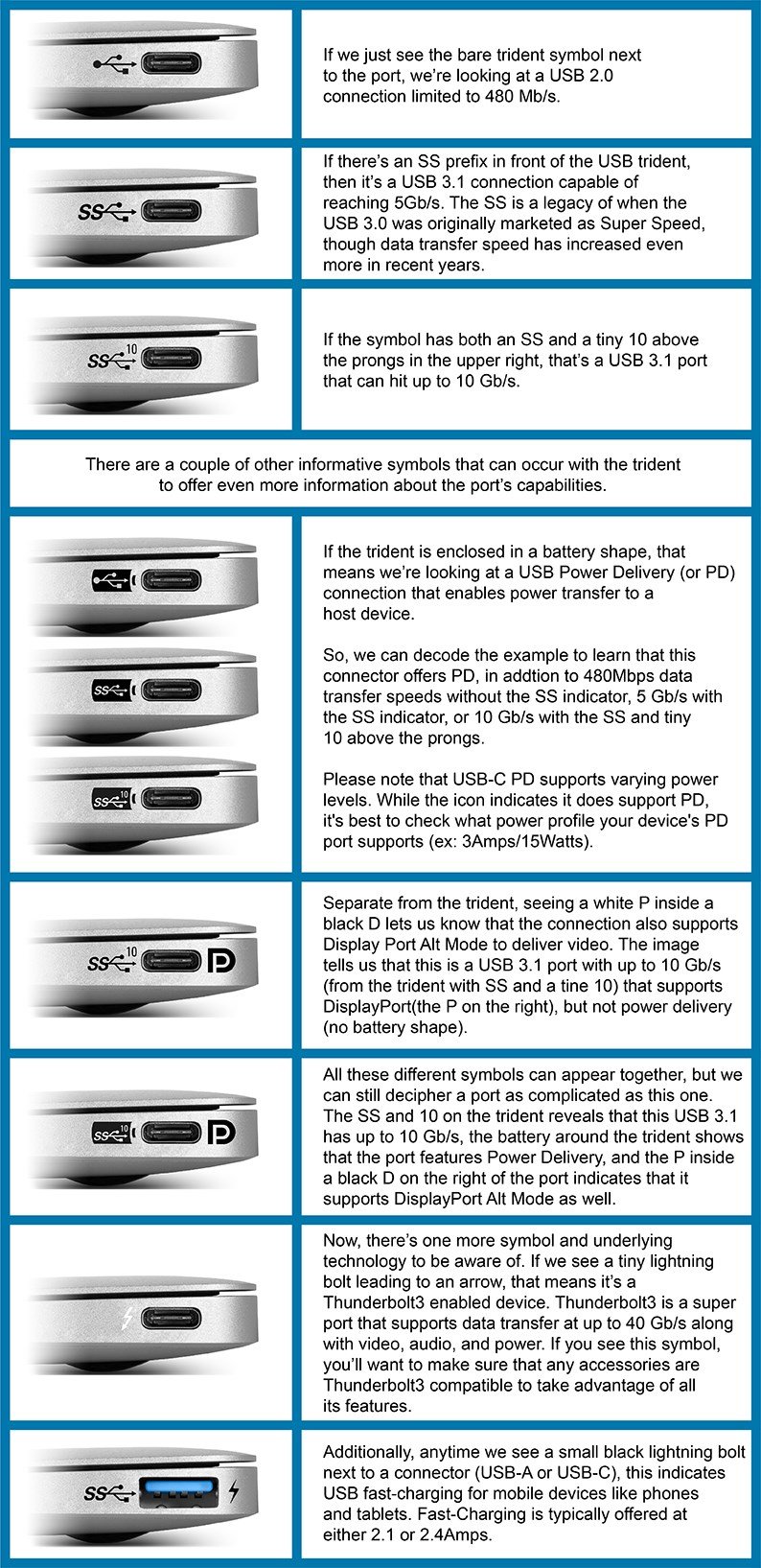this post was submitted on 09 Sep 2024
1579 points (97.4% liked)
Technology
74475 readers
3276 users here now
This is a most excellent place for technology news and articles.
Our Rules
- Follow the lemmy.world rules.
- Only tech related news or articles.
- Be excellent to each other!
- Mod approved content bots can post up to 10 articles per day.
- Threads asking for personal tech support may be deleted.
- Politics threads may be removed.
- No memes allowed as posts, OK to post as comments.
- Only approved bots from the list below, this includes using AI responses and summaries. To ask if your bot can be added please contact a mod.
- Check for duplicates before posting, duplicates may be removed
- Accounts 7 days and younger will have their posts automatically removed.
Approved Bots
founded 2 years ago
MODERATORS
you are viewing a single comment's thread
view the rest of the comments
view the rest of the comments

This has already been fixed by the forum FYI, the new spec is to just put clear text labels that denote the capability of the port. I can't find the article I read but this one has an example of the new user-facing branding.
https://tidbits.com/2022/09/29/usb-simplifies-branding/
The problem with using English anything is that while English is the most-widely-used language in the world, there are still a lot of people out there who don't know it.
The US has a history of just using English text for everything, because most people in the US can do English. Over in Europe, where the language situation is more-fragmented, I think that there's more push for using symbols, which...can have benefits, though it also means that everyone has to learn some symbols.
Maybe "STOP" or "ON" and "OFF" or something aren't that hard to learn. My gut is that maybe we could expect just about everyone in the world to learn a super-minimal subset of English using all-capital Latin letters or something for labeling purposes. "ON", "OFF", "STOP", "YES", "NO", "CANCEL", "POWER", "ERROR", "RESET", "UP", "DOWN", maybe something along those lines. Kinda like a pidgin English designed for devices. But that thing has "CERTIFIED", hardly the first thing someone learns. Also, it appears to have built a US trademark indicator and registered trademark indicator into various official labels, which I think is kind of funny. Like, if the USB guys go out and alter the registration status of their trademarks, are they gonna change the labels, and is everyone gonna go alter their plastic molds and whatever?
Imagine all that text was a bunch of Chinese and imagine how palatable that'd be for the US market. Okay, it's easier to learn the (small) Latin alphabet than Chinese characters, which maybe makes learning basic words easier, but I can't recognize a single Chinese character.
I mean, don't get me wrong. I speak English. I'd rather have descriptive English than a bunch of obscure and sometimes similar-looking symbols, myself. But I don't feel like this is all that ideal, either, not from a global standpoint.
That's cool. But even though it finally adds simplicity, it's still yet another renaming of the same things.
Here's a snippet from an article from 2019:
Reading that I want to shoot myself, and even the latest change, which probably is a good one, drives me slightly mad due to the history of renaming everything so many times.
Every time a new USB spec comes out the version number goes up. A new spec comes out because they add more features. The spec is a whitepaper that explains all the features. It's a "The King is dead, long live the king!" situation.
If you just never used the version numbers to mean something that they never meant (transfer speeds) then literally none of this is confusing.
They've officially renamed the transfer speeds one time after people made a big huff. here's how they changed:
USB SuperSpeed -> USB 5Gbps
USB SuperSpeed 10Gbps -> USB 10Gbps
USB SuperSpeed 20Gpbs -> USB 20Gbps
And If you can't follow along with that, I'm really, really sorry. There's not much I can do from a internet discussion board. XD
Yes, I am the only one confused. It's not like half the tech internet blew a gasket over how confusing and bad the renaming of the generations were. Just me. I guess I should just read the whitepapers of every standard going forward, silly me.
Well if there's anything I expect from the new-cycle masses, it's rationality.
Heaven forbid, we try and do better!
You don't have to read whitepapers to know the difference between Ethernet, CAT6 and RJ45 even if your grandpa doesn't know the difference.
It's not too much to expct the "nerds" to know the real names of PAN connections, too.
I aspire to be as cool as you.